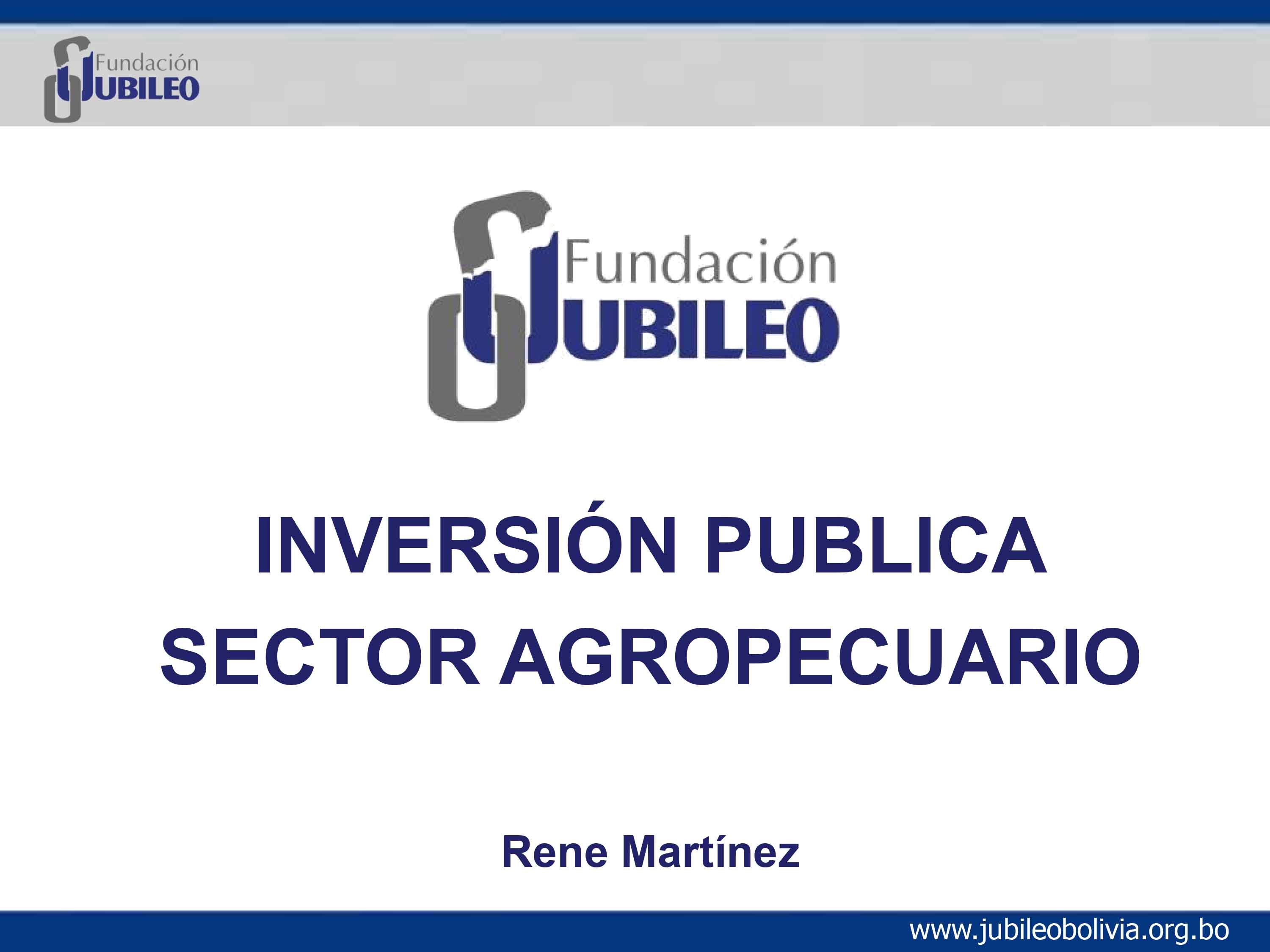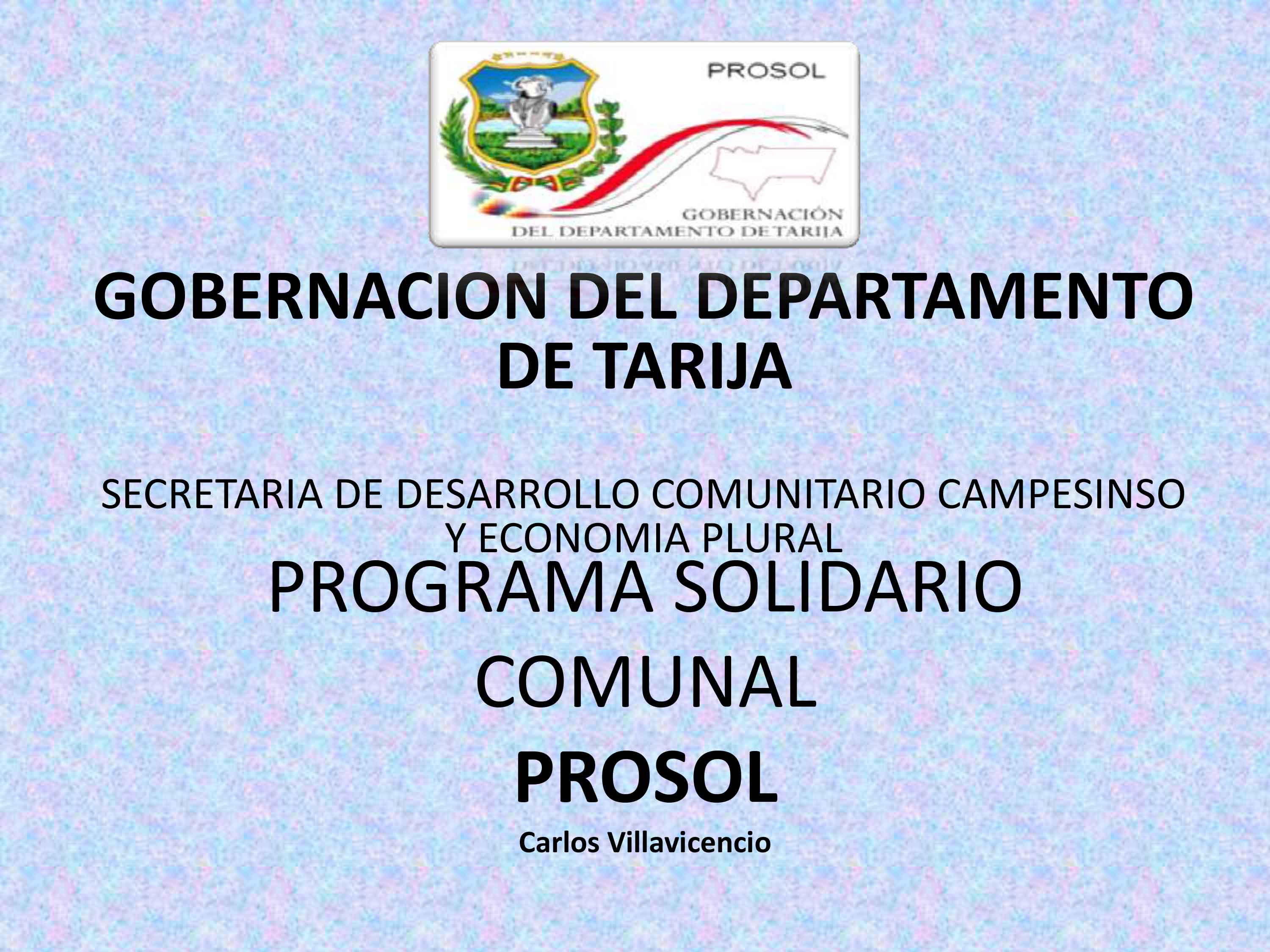Titling against grabbing? Critiques and conundrums around land formalisation in Southeast Asia
Debates and critiques around land policy often focus on the neo-liberal agenda of formalising land as alienable property, most notably through land titling schemes. Sometimes these schemes are posited against alternatives such as land reform and community land holding under common property arrangements. Claims and counter- claims are made for land titling as a means to boost smallholder security in the face of involuntary or otherwise unfair alienation of land sometimes under the rubric of land grabbing.







